The funding program from the European Innovation Fund (EIC) provides funding for research and develop of emerging breakthrough technologies. The different funding instruments are dedicated to different levels of technological readiness (TRL) of the research and development – EIC Pathfinder (TRL 1-4) and EIC Transition (TRL 4-6). Learn more about how the European commission defines TRL definition.
Both Pathfinder and Transition includes Open calls as well as Challenges.
Open, indicates a bottom-up approach, meaning any field of science, technology or application without predefined thematic priorities are welcome to apply.
Challenges indicates a top-down, challenge-driven approach, which aim to support proposals within a predefined thematic area and addressing specific objectives.
Topics and deadlines/cut-offs (dates need to be confirmed by call opening)
EIC PATHFINDER OPEN deadline: 7 March 2023
EIC PATHFINDER CHALLENGES deadline: 18 October 2023
• Clean and efficient cooling
• Architecture, Engineering and Construction digitalisation for a novel triad of design, fabrication, and materials
• Precision nutrition
• Responsible electronics
• In-space solar energy harvesting for innovative space applications
EIC TRANSITION OPEN cut-off dates: 12/4 2023; 27/9 2023
EIC TRANSITION CHALLENGES cut-off dates: 12/4 2023; 27/9 2023
- Full scale Micro-Nano-Bio devices for medical and medical research applications
- Environmental intelligence
- Chip-scale optical frequency combs
News: results from all projects funded under Horizon 2020 or Horizon Europe, are eligible for EIC Transition Challenges.
Regarding the EIC Transition there are interesting news. A proposal to EIC Transition Open must build on results already achieved within an eligible project (e.g. EIC Pathfinder, H2020 FET-Open and Proactive), FET Flagships, ERC-PoC or EDF civil projects). The new thing is that results from all projects funded under Horizon 2020 or Horizon Europe, can apply for EIC Transition Challenges.
More info and support
Read more about the EIC funding opportunities and contact Research services for more information about the specific program and challenges for 2023 (anna-karin.wihlborg@fs.lu.se).
Research services at Lund university offers guidance and support to your proposal. Please contact us for more information on the program, the support we offer, and available planning grants.

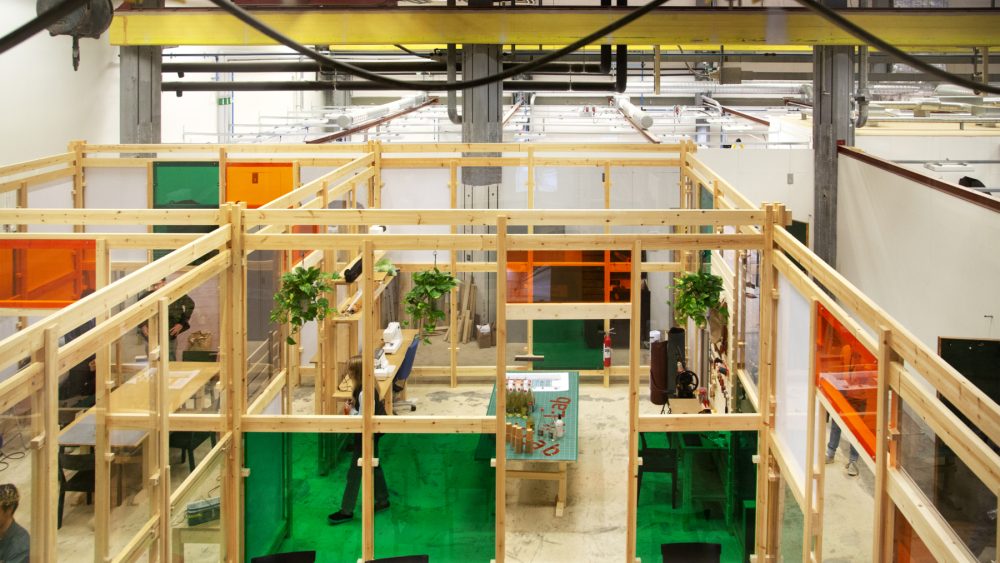
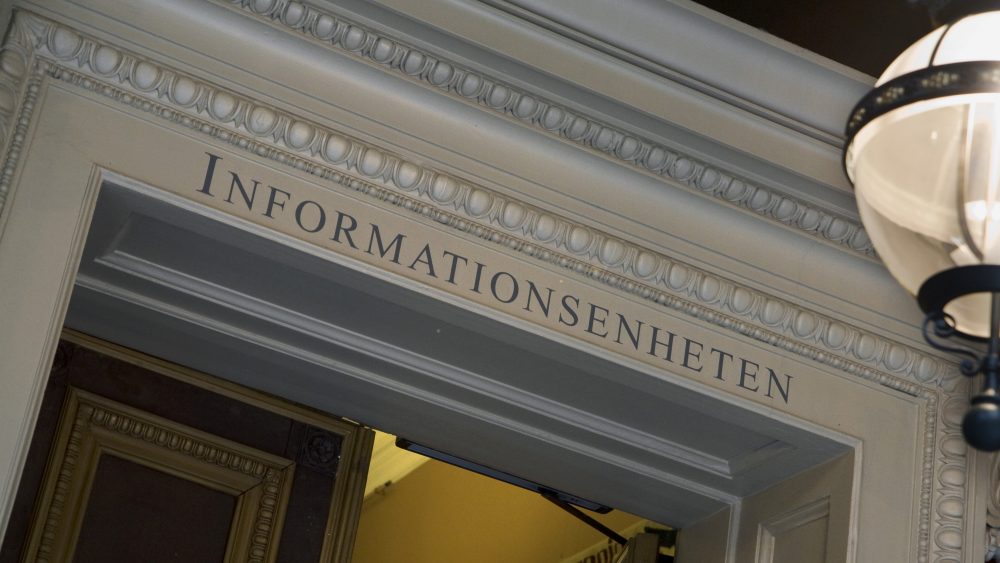
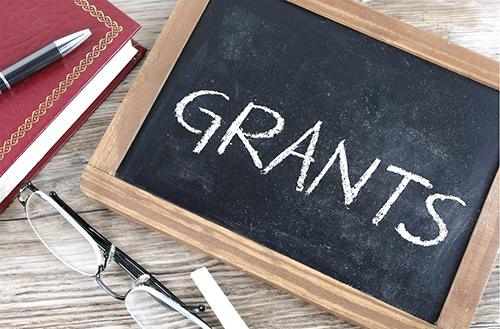
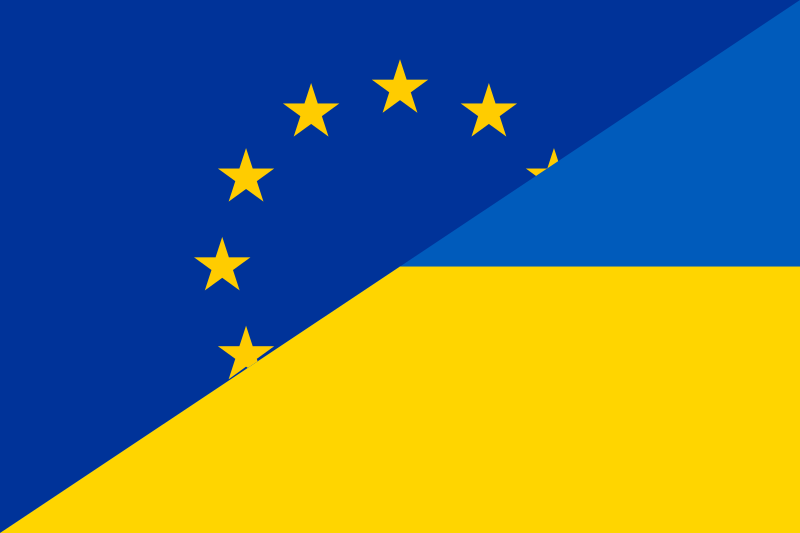
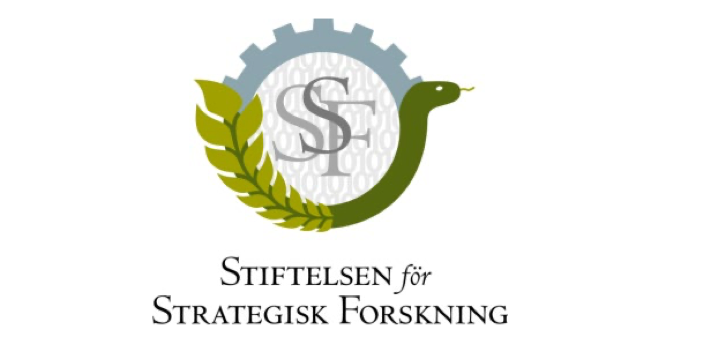
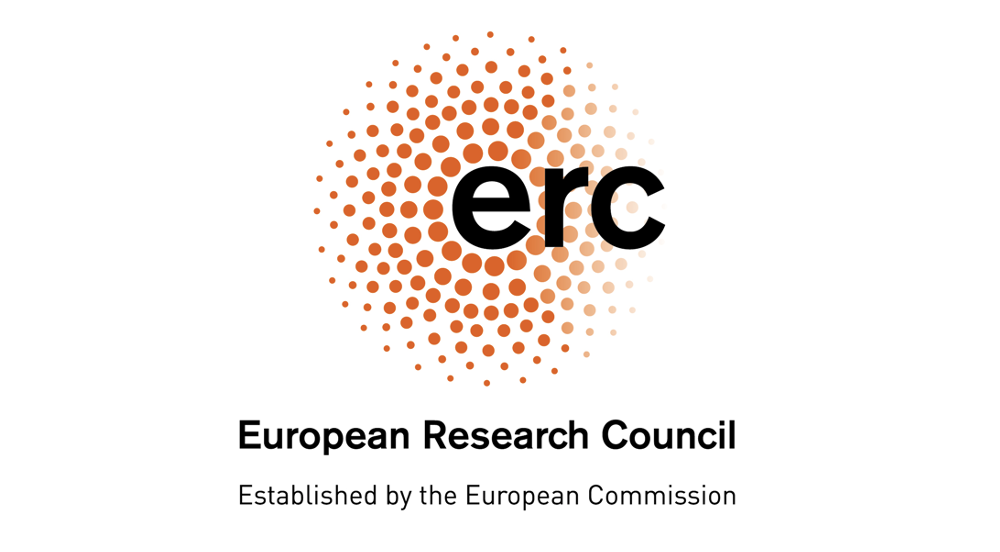
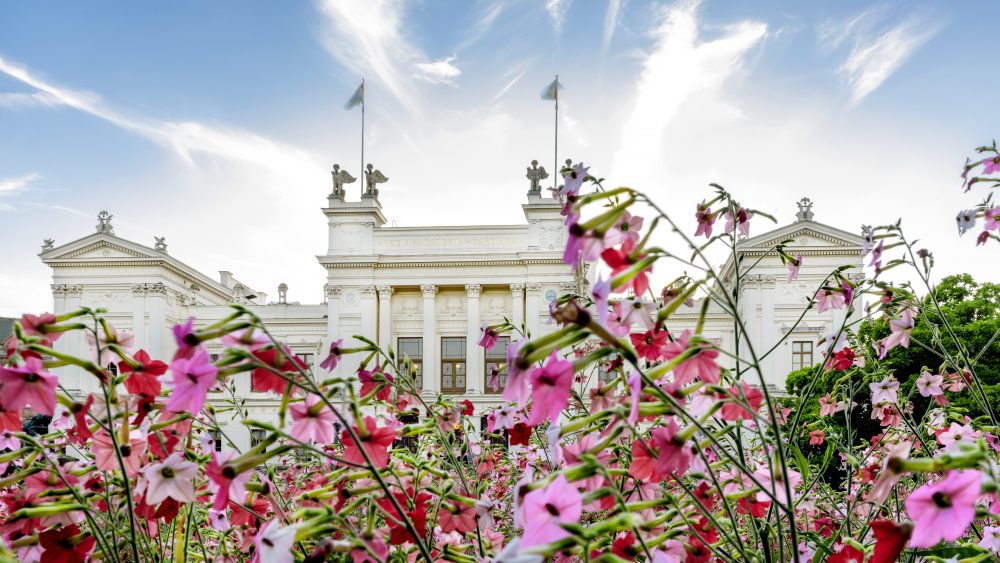

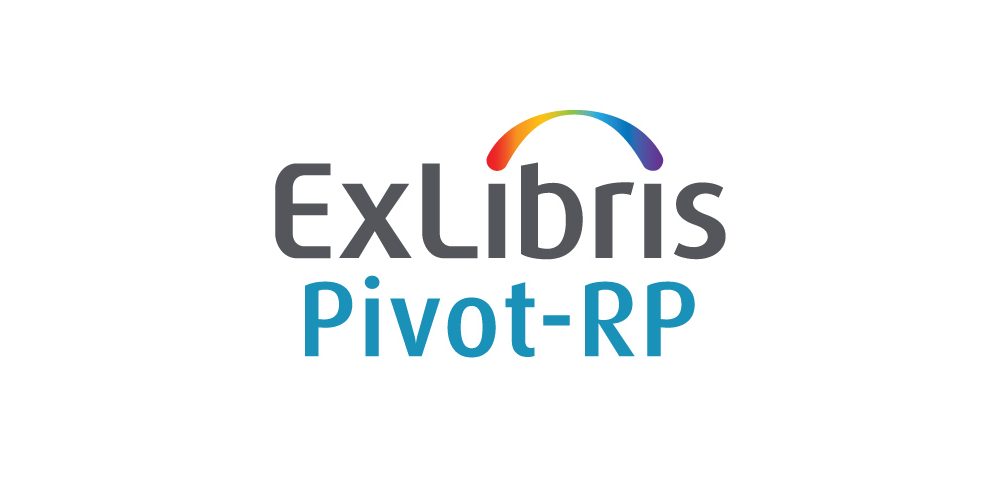
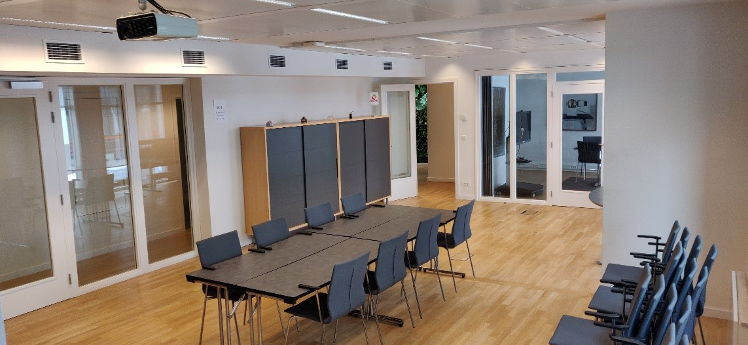
Kommentarer